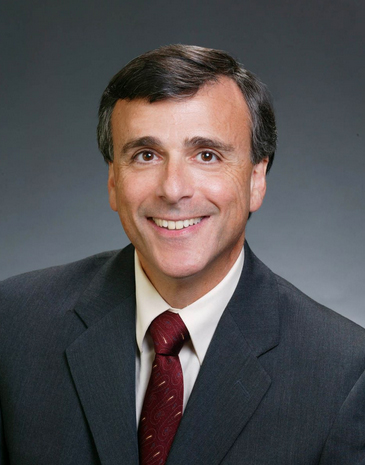
Today the Partnership for Medicare Part D will hold a Congressional briefing to discuss the significance of Medicare’s “Six Protected Classes” policy giving seniors access to quality mental health care. While you may not be able to attend in person, it is still critical that you educate your Congressional Representative and Senators on the importance of retaining these benefits.
How Will You Protect Access to Quality Mental Health Care for Seniors?
According to the Geriatric Mental Health Foundation depression impacts more than 6 million of the 40 million Americans over 65. Health problems become more common and increasingly complex as seniors age. With the onset of more serious conditions such as heart disease, stroke, cancer, arthritis, Alzheimer’s disease, and Parkinson’s disease, individualized medicine becomes increasingly critical to helping seniors manage their mental and physical health.
This is why Congress carved out six protected classes of medications when they authorized Medicare Part D. Their intent was that seniors would have access to these medications without regulatory burdens. The preservation of the six protected classes is critical to providing treatment for serious, complex health conditions without delay or restricted access to essential treatment.









Connect With Us